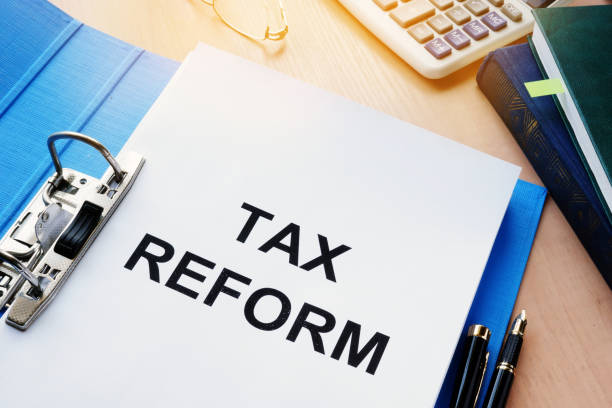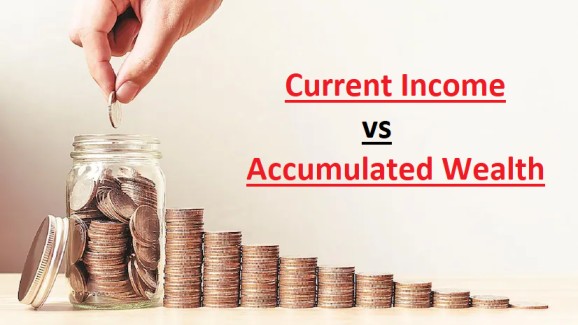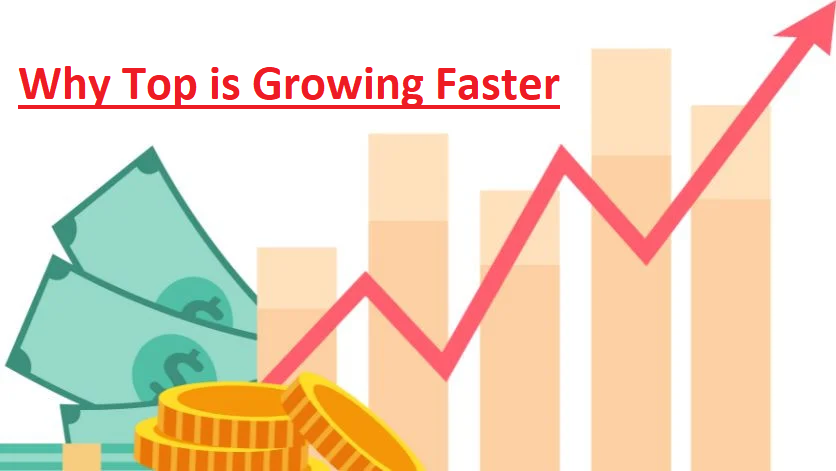
Income Tax reform dilemmas
- December 7, 2024
- 0
Two contentious issues to consider in taxation of personal income are — taxation of agricultural income and effective exemptions under personal income tax.
Consider the taxation of agricultural income. Arguments for not taxing agriculture can be classified into two broad categories: First, the average size of holding and, therefore, average incomes generated in the sector are small, and hence should not be subject to the fiscal and compliance cost of taxation.
Second, agriculture is considered a difficult sector to tax, with limited returns for the administrativeeffort required.
Further, exemption in agriculture can create opportunities for evasion in other sectors, where incomes can be misrepresented as agricultural income. It should be mentioned that bringing agricultural income under taxation would also contribute to expanding the number of taxpayers in the country, making the income tax regime more representative of the nation’s citizens.
Individuals with incomes less than the threshold are not liable to pay tax. The exemption threshold in India has been periodically raised. In addition, the government chooses to provide a rebate to people in the lowest tax slab, effectively raising the exemption threshold and thereby reducing the number of potential taxpayers in the country.
The small number of taxpaying citizens — 1-2 per cent according to data presented in Parliament —feel aggrieved by the diminishing real value of exemptions over the years. Incorporating an inflation adjustment for exemption threshold could reduce these pressures.
Apart from the need to raise additional taxes, increasing the number of taxpayers would make the tax regime fairer, both in perception and in reality. As a result, the attitude towards tax payment could receive a nudge in the right direction.
R.K. Rao































































